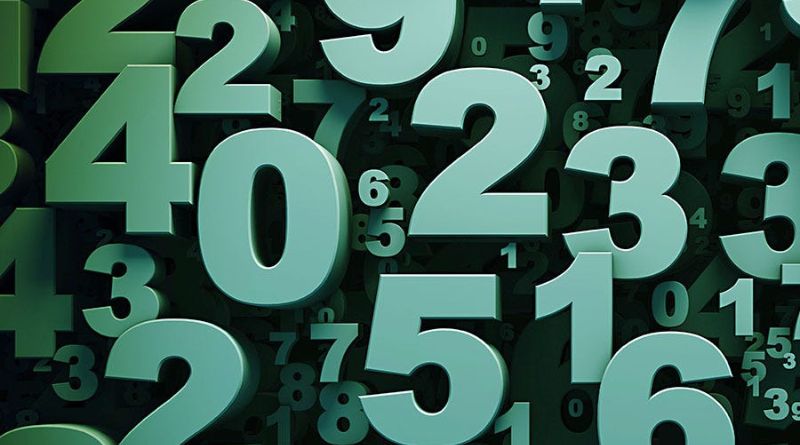Numbers are the foundation of our universe, shaping everything from the galaxies in the cosmos to the smallest particles on Earth. Among these, the number 99 stands out for its intriguing properties and diverse applications across various fields of mathematics. Let’s delve into the significance of 99 in mathematics, uncovering its unique characteristics and answering some common questions.
Table of Contents
What Makes 99 Special?
In mathematics, 99 is a composite number, meaning it can be divided evenly by numbers other than 1 and itself. Specifically, 99 can be factored into prime numbers as ( 99 = 3 \times 3 \times 11 ). This factorization highlights its connection to the prime numbers 3 and 11, showing how composite numbers like 99 are built from smaller prime components.
Mathematical Properties of 99
Divisibility:
One interesting property of 99 is its divisibility rules. Being a multiple of 3 (since ( 99 = 3 \times 33 )), it follows the rule that any number whose digits sum up to a multiple of 3 is itself divisible by 3. For example, ( 9 + 9 = 18 ), and 18 is divisible by 3, confirming that 99 is divisible by 3.
Sum of Digits:
The sum of the digits of 99 is ( 9 + 9 = 18 ). Interestingly, 18 is also divisible by 3, showcasing another mathematical property related to divisibility by 3.
Number in Culture and History:
In cultural and historical contexts, the number 99 has often been used symbolically. In literature and folklore, it can represent completion or a near-perfect state, just shy of the number 100. In some Asian cultures, such as Chinese and Japanese, the number 99 is associated with longevity and double happiness.
FAQs About the Number 99
Q: Is 99 a prime number?
A: No, 99 is not a prime number because it has divisors other than 1 and itself. It can be factored into ( 3 \times 3 \times 11 ).
Q: What are some interesting mathematical facts about 99?
A: Apart from its divisibility properties (being divisible by 3 and 9), 99’s sum of digits (18) being divisible by 3 is a notable characteristic. It also appears in various cultural and historical contexts as a symbol of completion or longevity.
Q: How is the number 99 used in everyday life?
A: In practical applications, 99 can appear in pricing (like $0.99), time (such as 9:59), or even in symbolic representations (as in sports jersey numbers or cultural references).
Conclusion
The number 99 holds a myriad of fascinating properties and cultural significance beyond its simple numerical value. From its divisibility rules to its representation in culture, exploring the depths of 99 in mathematics reveals just how intertwined numbers are with our understanding of the world. Whether in equations, stories, or everyday life, the number 99 continues to captivate and inspire curiosity about the endless possibilities of mathematics.



